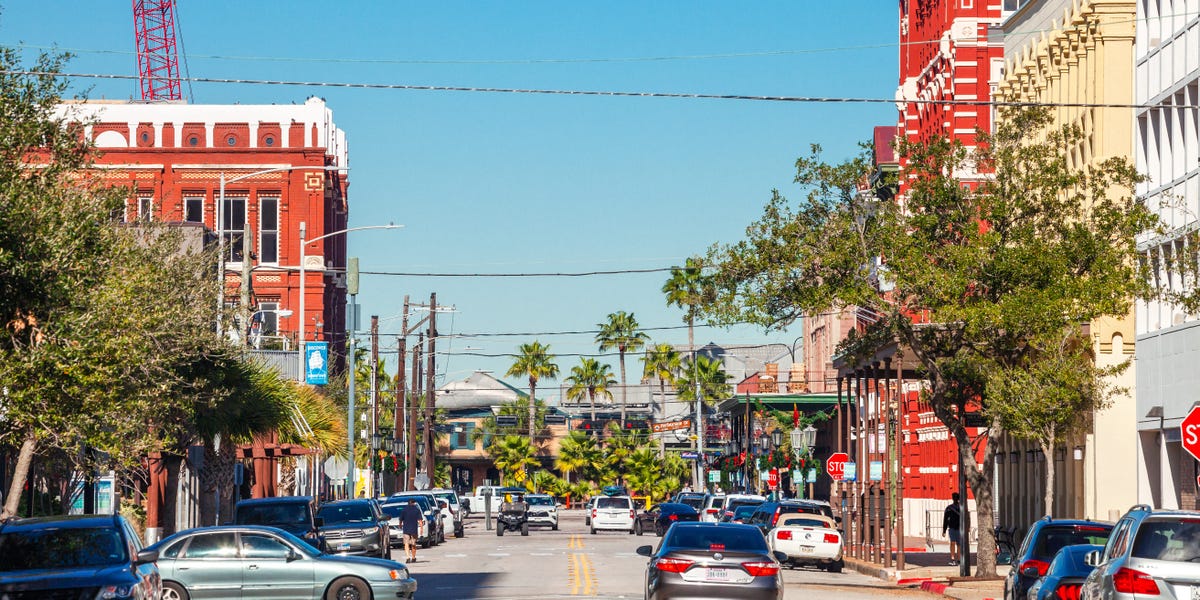I
n the words of Nike Executive Rob Strasser, "doing the right thing" is no longer a moral imperative, but a financial necessity. The real estate sector has caught on to this mantra, with 63% of investors citing ESG as key to enhanced returns. As we enter prime season, it's time to reflect on the top trends that are driving profitability in sustainable real estate.
At the forefront is PropTech, the incorporation of technology to manage real estate. With a projected compound annual growth rate of 11.9%, Proptech is set to surpass $88 billion by 2032. This sector encompasses three main areas: smart homes, sharing real estate, and real estate fintech. By leveraging Big Data, Artificial Intelligence (AI), and the Internet of Things (IoT), businesses can streamline customer experiences, optimize property evaluations, and predict investment returns.
Two emerging Proptech trends are tokenization of assets and cryptocurrency transactions. Blockchain technology is enabling the tokenization of real estate assets, allowing for international investment and management like stocks. Cryptocurrency transactions, though still uncommon, are entering the ESG space, particularly in high-end luxury real estate.
Sustainable infrastructure is another growing trend, demanding a premium across the market. Green certifications, such as BREEAM and LEED, are becoming essential for developers and tenants alike. Pressure to become more energy-efficient is mounting, with regulations and certifications driving innovation. Renewable energy sources, reusable materials, and excess energy partnerships are key strategies for real estate developers.
Investors who adopt green features early may benefit from higher demand, increased property value, and tax incentives. To evaluate the profitability of sustainable investments, establish a Green IRR (Internal Rate of Return) to assign value to each potential strategy.
Resilience and climate adaptation are also crucial in today's market. European cities are implementing climate resilience plans, investing in flood-resistant and heat-resistant properties. Insurance companies now require real estate to demonstrate long-term resilience to changing climates. Financing green bonds and sustainability-linked financing is becoming more common, encouraging developers to incorporate climate-adaptive features.
Social-focused real estate is another trend driving profitability. With hybrid working on the rise, commercial properties must adapt to meet user-expectations. Flexible workspaces that induce a collaborative atmosphere are in high demand, creating healthier cultures and attracting top talent. Companies are looking to move away from hubs to more suburban areas, where smaller offices provide savings and potential for sustainability retrofitting.
In conclusion, doing the right thing is no longer a choice but a necessity in today's market. ESG is central to real estate operations and development, with sustainability demands and customer expectations dictating the market. Real estate businesses must focus on providing sustainable credentials to attract investors and enhance returns. As Rob Strasser said, "doing the right things" will make money almost automatic – it's time to get on board.















